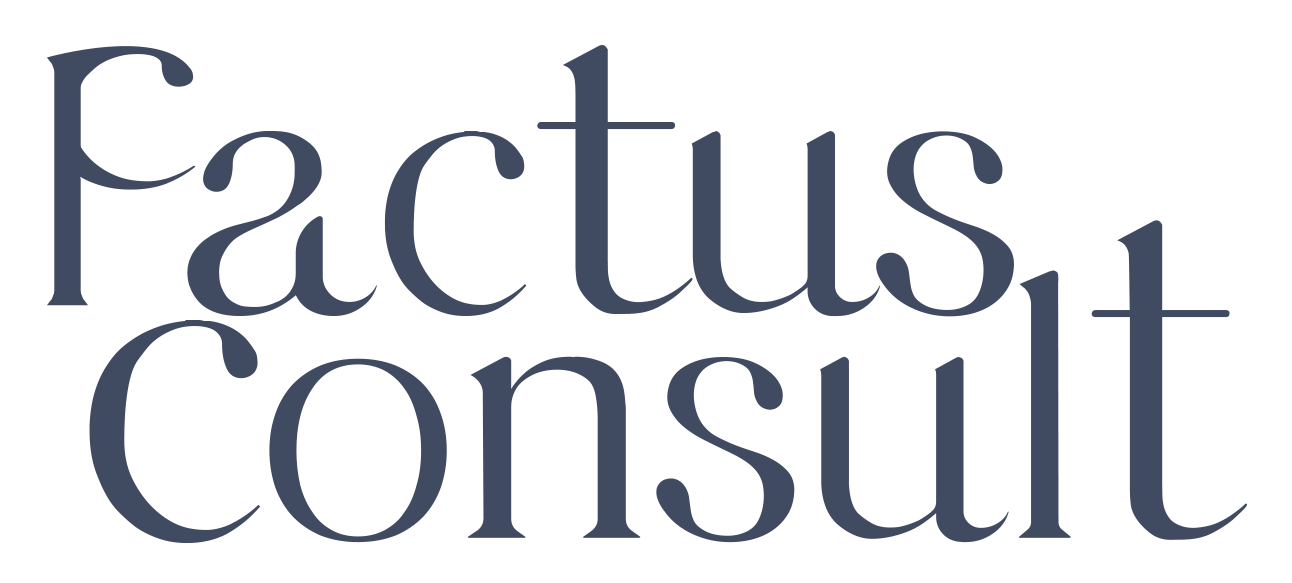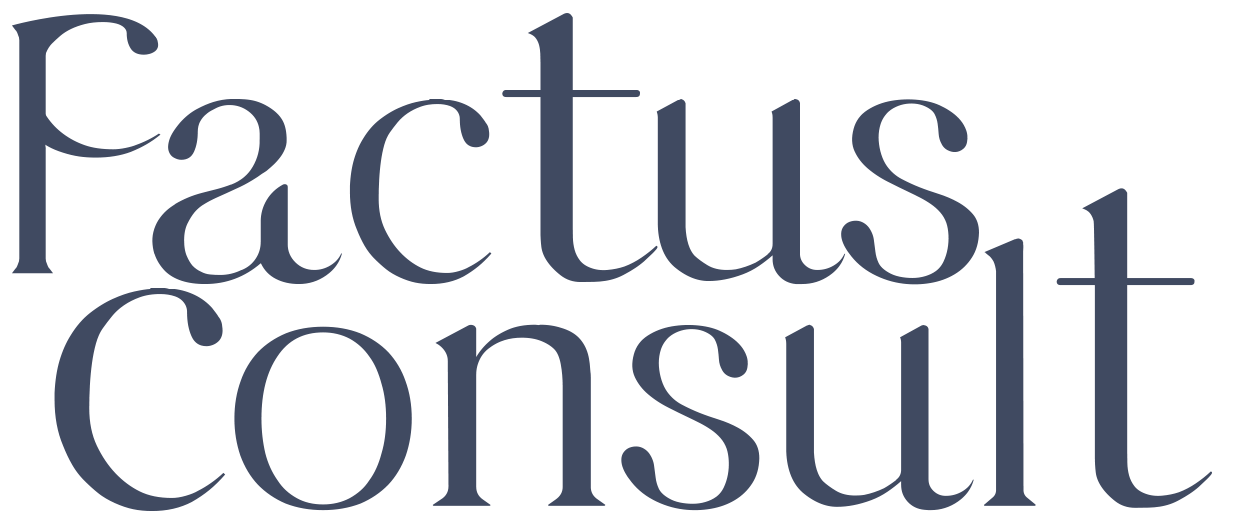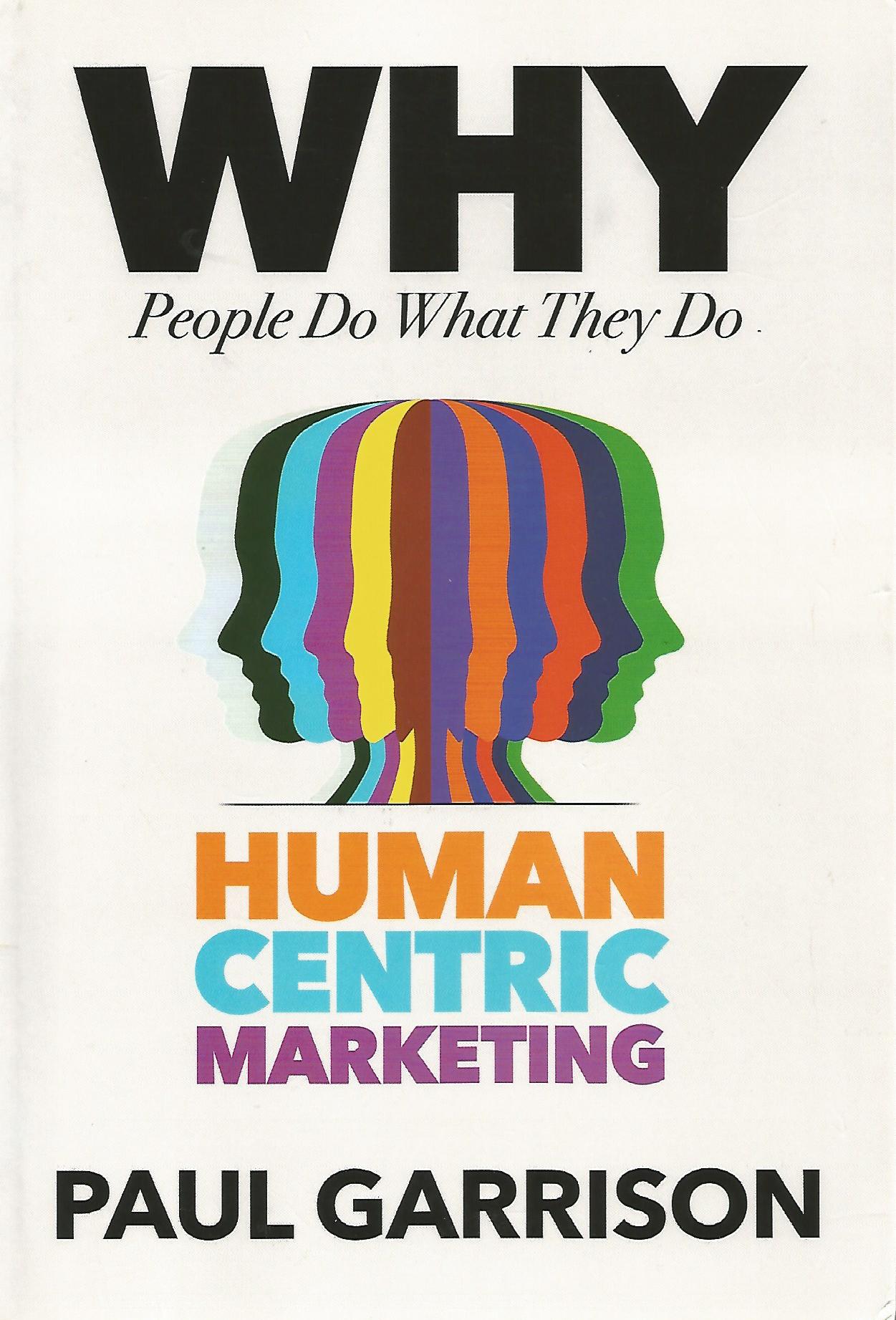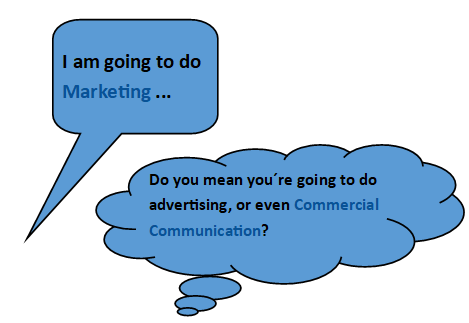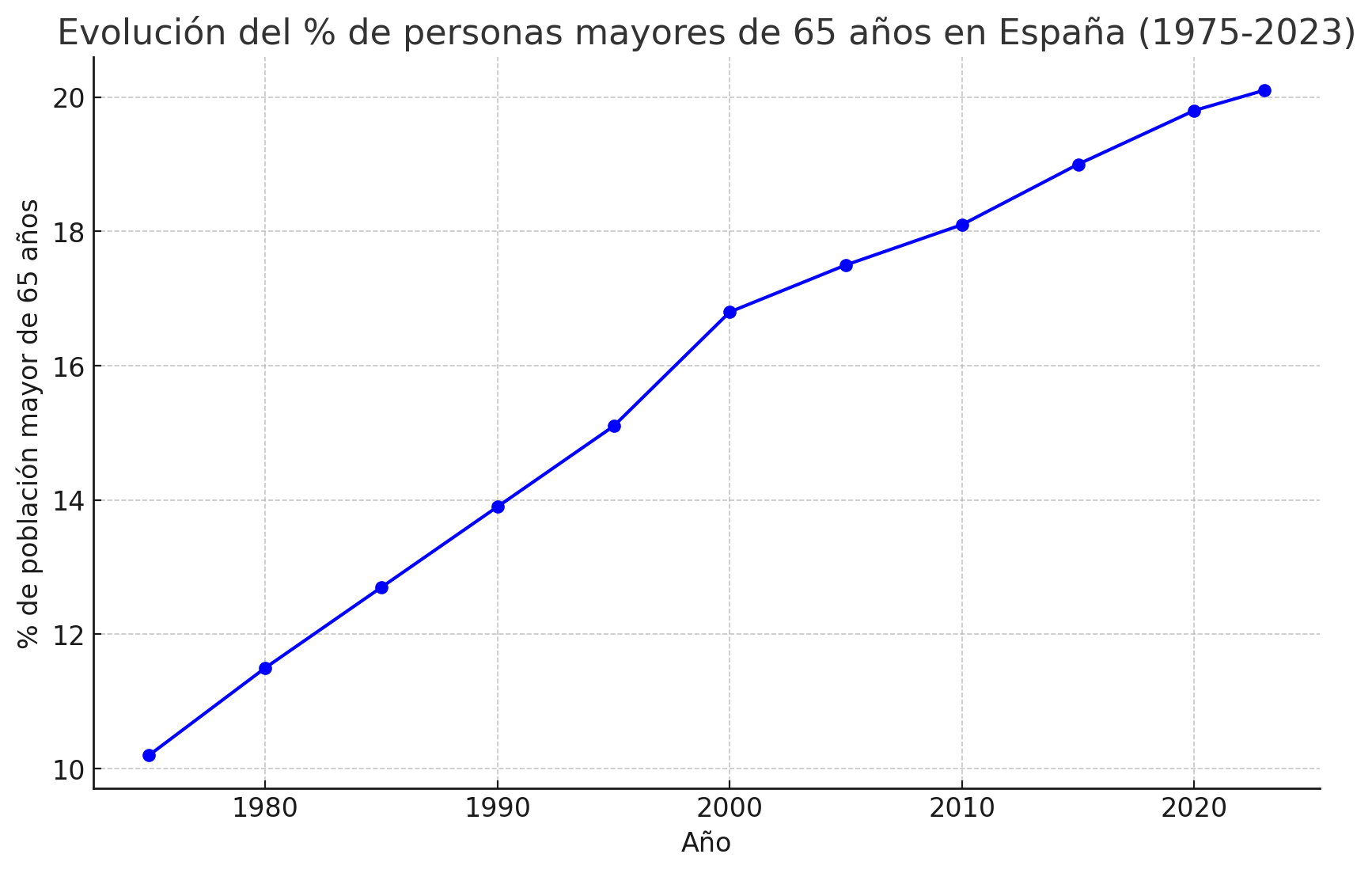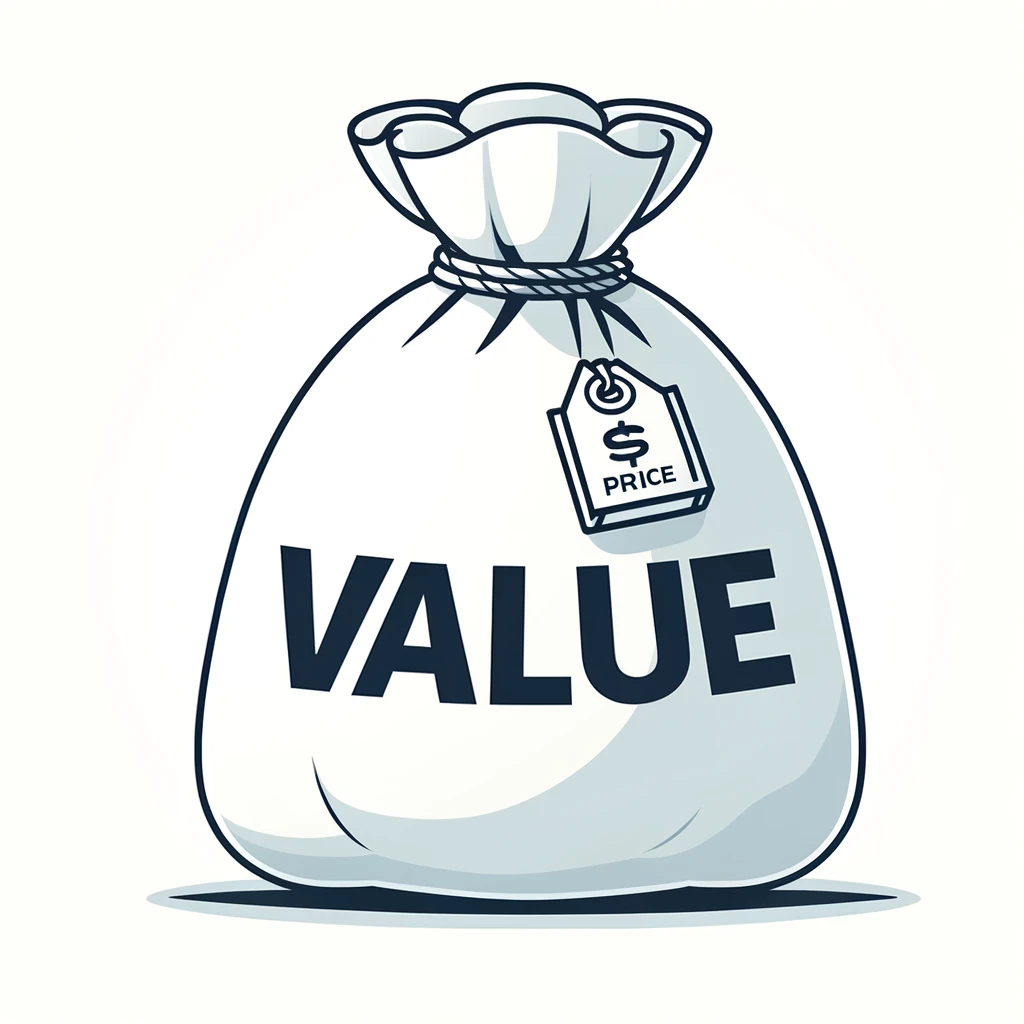by Paul Garrison

I’ve had a long career in marketing. Most of my work, my writing, and my teaching have been focused on exploring, improving, and developing best practices in marketing and brand communications. I’ve lost track of how many markets I did business in and others where I taught marketing such China, Peru, Egypt, Hungary, and dozens more.
In 2008, during the financial crisis, I had an epiphany; I realized that we in business school academia bore some blame for what happened. Like a lot of areas of human endeavor, the intellectual and rational side of our human brain has outpaced the development of our emotional intelligence. We have come up with new products. services and marketing strategies that only focus on whether we CAN make them work and not whether we SHOULD make them work.
Over a long career working in so many developed and underdeveloped markets, I have seen my share of bad business practices, sometimes driven by corrupt politicians, but just as often by corrupt businesspeople. The 2008 worldwide financial crisis started in the USA with large investment banks like Goldman Sachs and Lehman Brothers. These financial firms were typically the first choice of top MBA students graduating from my classes at the Ivy League’s Dartmouth Tuck Business School. I also saw this around the world in other business schools where I taught. As businesspeople and business educators, we need to re-think how we teach and how we view success both as businesses and as human beings.
As businesspeople, we like to blame politicians, but that’s not entirely accurate. With the rise of businessman Donald Trump into the highest political office in the world, I found it increasingly difficult to come up with real examples of ethical political and business leadership as both are become more linked. Early in my career, I read a lot of autobiographies of business leaders like GE’s Jack Welch. One day, in the early 90s, I picked up the Art of the Deal written by a brash young real estate guy in New York who appeared on my radar more for his relentless pursuit of the tabloid press than his business acumen. Despite all the examples of a severely flawed character, and partly because of our US fascination with flawed reality stars (Kim Kardashian, Ozzy Ozbourne, and others) Trump was able not only to get people to think he was a successful businessman, but he also finagled a reality show that cemented this false successful businessman image. However, according to the IRS records reported last year after the long-delayed release of his tax documents, Donald Trump is actually one of the least successful businessmen in US history. Trump established a staggering amount of financial losses and bankruptcies that set the record for the highest dollar loss for any single US businessman in history. By carrying forward those losses as business expenses, he offset any potential taxes due from his real estate holdings. Not surprisingly he also increased the US national debt more than any of his predecessors.
According to Trump, the art of deal-making means negotiating tough contracts with potential suppliers to get the best possible deal. Fair enough. But what startled me, even as young businessman in my 30s, what that when the work was done, and the bill submitted, Trump would challenge the supplier to either accept 70% of what had been agreed or take him to court. Going to court could mean months or even years to get the slow US legal system to enforce a signed contract so most settled for 70%. Trump proudly claimed that this type of double-dealing was ‘smart’ and that in any deal there had to be winners and losers.
This type of attitude that for me to win there has to be a loser completely violated my business philosophy with suppliers, customers, and employees: responsible businesspeople always look for win-win solutions. It is this core belief of always looking for win-win solutions that not only allowed me to set the gained market share record for the Coca-Cola Company in the USA in the mid-80s, but to also set the international record in the mid-90s. Profits rose in triple digits, but the number I am most proud of is that I reduced employee turnover from 27% to 4% at the same time. People tended to love their work because I always framed their job both in terms of what the company gained and what the employee gained. And although I occasionally had to let some under-performing people go, I never once uttered Trump’s famous phrase from The Apprentice: You’re fired! Sometimes things don’t work out, but there is no need to humiliate someone on their way out the door. People of good character begin and end relationships with positive intent. It’s all about character and the capability to respect and value other people more than ourselves; it’s about being a giver rather than a taker. Basically, a giver means you think first about what will be the impact of others before your own self interests.
In my Ethics and Social Responsibility classes, I start with a model of the key components and architecture that can create and sustain ethical leadership – leading with integrity as we call it.
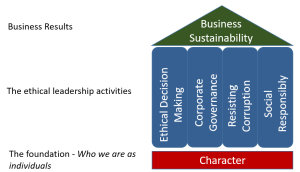
Ethical Leadership Architecture by Paul Garrison
We use character as the foundation of what a business leader must have to be responsible and ethical. It doesn’t matter how tight your code of ethics or code of conduct documents are, Goldman Sachs and Lehman Brothers had all of that. What matters most of all is the character of the person running the show. I’m not on the left or the right – I’ve voted Republican and Democrat over the years. I vote on the basis of strong character regardless of party affiliation. I do the same when picking who I work with and work for.
I was fortunate to start my career working at Coca-Cola in Texas for a guy who had the strongest character and core values of anyone I have ever worked for: John Blackington. Then I was doubly blessed to be able to finish what is now my final marketing assignment in Turkey working at Solen for CEO Erdogan Coban. He has a strong character and always, in every instance, first thinks of what is right for consumers, for suppliers, and for his employees. He, too, is setting market share and volume growth records.

Givers and takers
Win/lose people are takers. They make character mistakes like promoting misleading pricing policies, or enjoying saying ‘You’re fired’. People who have a strong character and core values natuarally put others first are commonly called givers. Curious, I analyzed the personal brand architecture of a giver archetype. There are plenty of them out there, but you need to know what to look for.
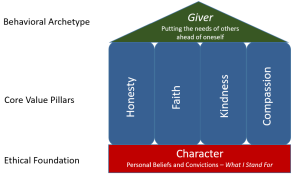
The Architecture of a Giver by Paul Garrison
I’m not a particularly religious person, but faith, be it Islam, Christianity, Judaism, or any other, is typically rooted in a proposition of doing the right thing. Do unto others as you would have others do unto you is both in the Muslim Koran and the Christian Bible That’s a giver principle. If the faith value is real, it’s grounded in the foundation of a person’s character.
But beware of those who talk about faith as a false tool seeking to achieve personal gain. False faith is one of the most harmful misuses of core values and beliefs in the history of humankind. Trump is now selling ‘patriotic’ bibles to pay for his huge legal fees; he’s even selling this truly outrageous poster shown below that calls into question not only the character of Trump, but the character of those who buy into his appalling false representation of being guided by a higher faith. This exploitation of faith for personal enrichment may be the most offensive marketing I have ever seen – not just for me as a human being, but also as someone who believes in a higher power regardless of the specific religion.
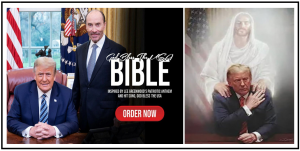
Some of the business people I respect the most are grounded in real religious principles. It is an intrinsic element of their character and core personal values. But the faith principles of those people I respect are not used as either a shield to deflect misdeeds or to disingenuously support a false promise of the greater good as Trump is trying to sell to further his self-interests. Real character values produce givers; those who truly put others first create good, sustainable value in their personal and business lives.
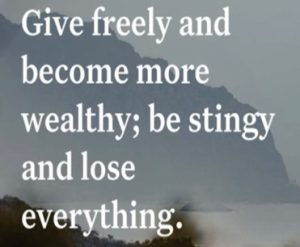
Proverbs
Ethics and character are primarily established in an individual as a child, in the home, in the values they were raised with; they then bear fruit in adult life. By the time a student enters a university and later in their career, their personal values are pretty much established. Bill Bluth, the ethics professor at Harvard Business School once told me that 33% of the student in my classes are going to do the right thing more often than not because this is how they were raised. Another 33%, he said, are going to do whatever it takes to succeed regardless of whatever code of ethical conduct we teach. But it is the 33% in the middle that we need to help shore up so that they learn to do what is sometimes the harder right rather than the easier wrong. He’s probably right, but what I’ve experienced, operating with character and integrity isn’t always hard or that you need to sacrifice personal success. Rather, I would argue that by operating with character and personal integrity we can be more successful in both our personal and professional lives; putting others first is often recognized by employees and customers. That giver attitude is rewarded with both customer and employee loyalty. Isn’t that a better and more rewarding way to live our lives all around?
In my work with IKEA in emerging markets, we took our customer brand positioning and integrated it into an all-inclusive company positioning. We ensured the IKEA employee character reflected the values and beliefs of the brand and that social responsibility in communities was also aligned with the brand strategy. IKEA has built its brand on a core proposition of helping customers use IKEA products to create a better way to furnish and organize their home and office space. Consequently, it makes sense to recruit employees who share that optimistic belief that we can always find a better way and that extends not only to how we use our living space with IKEA furnishings, but also how we work together as co-workers at IKEA, and how, as employees, we treat our customers.
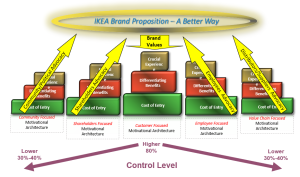
Ikea´s stakeholder management for Brand Value
Just as in marketing where we target the best customer prospects based on how they value and align with the brand benefits we offer, doesn’t it make sense to target employees the same way – based on who they from a character standpoint as human beings? Have you noticed the similarity between the type of people who work in the Apple store and how they view the importance of individuality and creativity (key brand values of Apple products)?
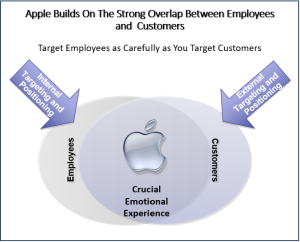
Apple´s Stakeholder Management for Brand Value
At IKEA, we took our Human Centric Customer Segmentation and used it to screen and align employee values and beliefs with IKEA brand values and beliefs.
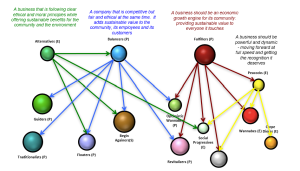
IKEAs Employment Recruitment Targetting
There are a lot more givers out there in the workforce and public at large than you might think. Especially with all the negative influence we often see in the political world. Not coincidentally, certain lifestyle segments reflect that sense of putting others first.
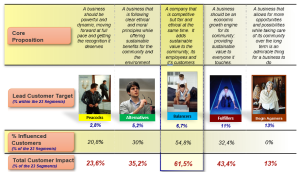
A Better Way
So, don’t be surprised when you go into a local IKEA store and the employee in the yellow vest asks if they can help you. They truly want to help you figure out a way to improve your personal living space so you can have a ‘happy home’ as they call it within IKEA. It’s part of IKEA’s character and related core values and beliefs.
I still love practicing and teaching marketing. But teaching ethics and social responsibility is more rewarding, and frankly, more needed these days. I’ll finish my ethics and social responsibility book later this year and start doing more programs like those I did a few years ago in Georgia (the country, not the state). It went beyond my teaching ethics and social responsibility classes in places like Peru, China, Egypt, Hungary, and other countries around the globe over the past 20 years. The Georgia program, sponsored by the United Nations Global Compact, involved a weeklong seminar getting educators in Georgia (and other emerging markets) up to speed on best practices in ethics and social responsibility. I call it a force multiplier along the lines of the Chinese proverb: Give a man a fish and he eats for a day. But teach a man to fish and he eats for a lifetime. We can reverse the current decline in business ethics and falling society morality indicators, but we can’t rely on business or even the courts and legal systems to do the job. We have to work harder as business leaders and academics to reverse this damaging trend.
Character is at the core of who we are as individuals and as a society; it’s the foundation of human behavior. So, when reflecting on why guys like Trump are still around negatively influencing both our business and political lives, I increasingly see the decline of moral responsibility in society and business in a variety of societal indicators. It’s not just Trump. He is more a symptom than a cause of this me first and win/lose mindset that is growing in the USA and around the world.
Getting back to damaging books I’ve read, there’s also The Value Imperative.
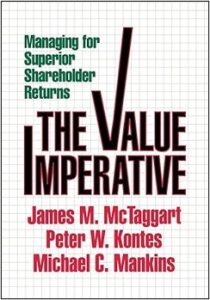
My CEO at Coca-Cola in the last few years I was there in the late 90s (Doug Ivester) was a financial guy at heart. He sent out this book to all the country managers directing us to read it and implement its philosophy in everything we did. This book has had a devastating effect on businesses worldwide because it advocated the same win-lose philosophy that Trump had advocated in The Art of the Deal a few years earlier. Although published in 1994, we’re still feeling the effects of the Value Imperative and its focus on the win/lose relationship between customer value and shareholder value. Ever wondered why when you book an airline ticket online and go to pick a seat, there is an extra charge? This is called a junk fee, something that the US Congress is trying to outlaw. We’ll see.
My major problem with this me first philosophy is that it conflicts with my core belief as a marketer that the only sustainable way to increase shareholder value is to put the customer first and thereby create lasting customer value. Ivester was one of the shortest-serving CEOs in the company’s history partly because of his belief in the book’s premise that shareholder value is more important than customer value. The results of his actions had a very detrimental effect on the Coca-Cola share price because he got the value equation upside down – he lost sight of the reality that customer value must always come first. As an example, Ivester pushed our Brazil team to install a temperature gauge on the Coke machines so that as the outside temperature went up, so did the price of the Coke. Pretty clever. But imagine the feeling of a long-time user of that machine – a loyal Coke customer – going to where they get their daily Coca-Cola refreshment and seeing the fluctuating price of a can of Coke based on how thirsty they are, a thirst directly related to how much hotter it is outside. They felt used and exploited. That type of thinking and resulting action whereby the company wins and the customer loses put temporary profit gains before sustained customer satisfaction.
A professor at the University of Virginia, Edward Freeman, has added significant value to the cause of business social responsibility and the concept of shared value. His work in creating the concept of The Stakeholder Theory has done a lot to minimize the negative impact of a win-lose philosophy in so-called business success books like The Art of the Deal and The Value Imperative.
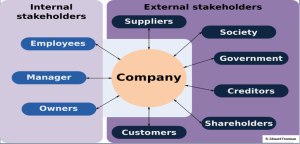
Stakeholders Theory R. Edward Freeman
A company’s success is directly related not only to the value it creates and delivers to customers, but to integrating this value into the value the company provides to employees, suppliers, and communities. Start with your own character and your own set of core beliefs. In both the academic and business world we need to get back to core value and the importance of character – in ourselves and in who we choose to work with. Because unless we shore up this foundation in who we are and how we behave, especially in a world where me first attitudes are gaining traction both politically and in business initiatives, the future does not seem so bright. Ask yourself: Who do I want to be as a human being? What do I stand for in terms of leadership as a person? Then take those corresponding values and beliefs into how you manage the different stakeholders that when combined with management style and practice can ensure your business success and personal success as a business leader.
Character really does matter. And as to all the takers out there, all those we unfortunately encounter in our personal and business lives who are driven by self-serving intentions that negatively impact our lives, our work, and the moral fabric of our societies – that too will pass.
.
As marketers we like to believe we are consumer centric in everything we do, but the reality is that we often get lost in processes, tools, and procedures that are more internally focused on who we are as an organization, what we are doing, and what we want to do rather than externally focused on […]
The confusion between “doing marketing” and “engaging in commercial communication” often stems from a partial or simplified understanding of marketing, which can have negative consequences on a company’s sales. Marketing encompasses everything a company or organization does to get more people to buy or support its value proposition more frequently, for a higher exchange value […]
With almost 25% participation in life, all life, and consequently in purchases, all purchases in this country (Spain), those over 65 years of age could, legitimately, initiate a massive protest action against advertising, that is, against advertisers, agencies and media, because of the fondness of treating us mostly as if we were mentally retarded. nerd-sentimental […]
Arguing over the price in a buy-sell negotiation is a waste of time, as the focus should be on the perceived value of both parties. The key to a successful transaction is understanding and agreeing on the value each party gets from the trade. Value is not measured only in monetary terms. Customers buy products […]
